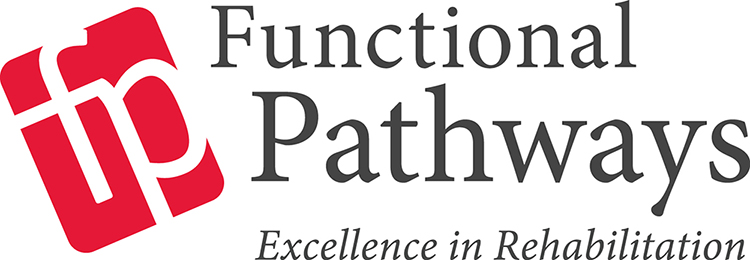Do you remember when your light bulb starting to shine…the moment your life’s direction was aligned with the field of occupational therapy?
For many clinicians, their career choice was based on a specific event, individual or experience which opened their eyes to this exciting and emerging field of health care. Many people knew they wanted to work with people. OT provides a diverse number of activities as a key component of achieving goals, and is a field that encourages creativity and allows you to do what you love. For others, their first exposure to the field was through the OT care provided to themselves or a loved one. Many people link their interest to a challenging situation – a grandfather who suffered a stroke, a younger sibling with cerebral palsy, a friend injured in an accident. Seeing the holistic and functional approach providing by OT was the key to to their career path. Becoming a therapist not only changes your life, it makes a positive impact on the lives of others.
According to the Bureau of Labor and Statistics, occupational therapy is one of the fastest growing careers and is almost recession proof. The opportunity to enhance the quality of another person’s life is one of the best parts of our profession. As you go through your work day, do you share your love of your profession? Do you tell your clients why you chose to become a rehabilitation professional? Do you take home special memories of making a difference in the lives of those you treat? Take a minute to remember why you are working within the field of occupational therapy. You are unique, special, and important.
Occupational Therapist Rachel Thibeault said it best: “I’m an occupational therapist, an obscure profession if there ever was one. We are few and far between, maybe because we have chosen to serve people with disabilities. All disabilities. Not a glamorous endeavor, nor a lucrative one. And I say serve because we deem that in helping we see weakness, while in serving we see wholeness. We’ve opted for wholeness nearly a century ago and have been at odds with the system ever since. We don’t fix people, you see. With them, we simply try to find a way to meaning, balance, and justice. I chose occupational therapy because it blends science and humanism, intellectual rigor, and compassion.”


Comments (0)